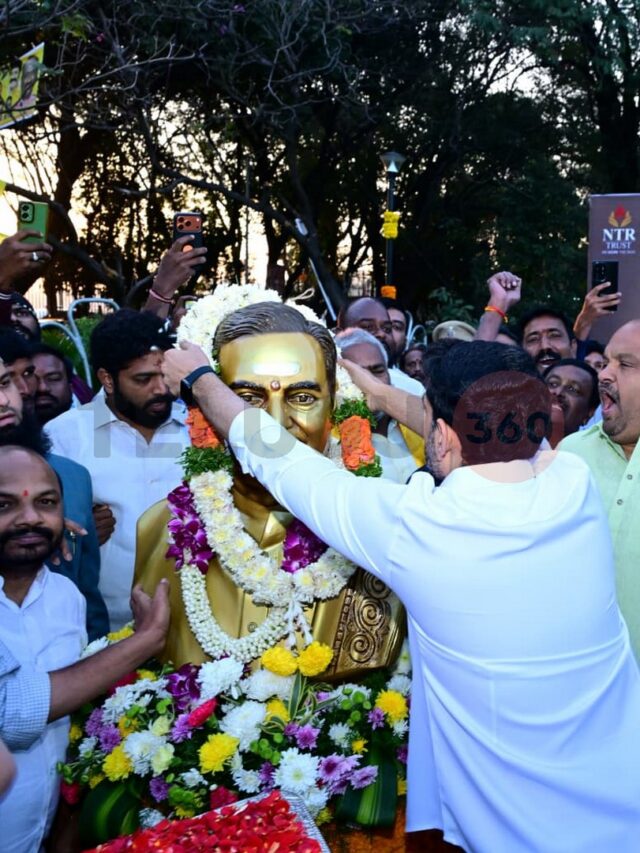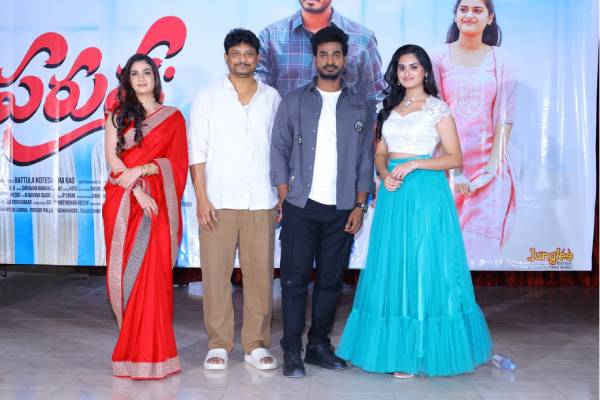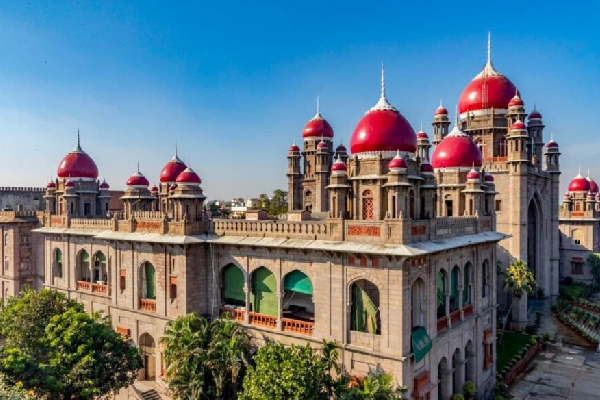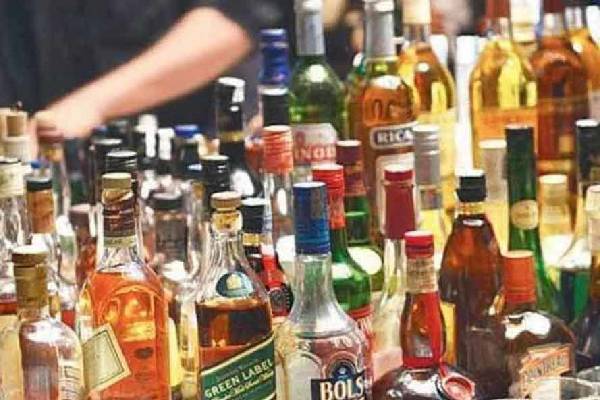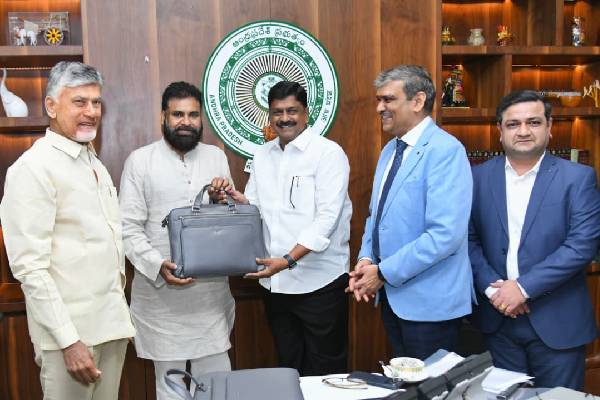In a significant development, the Telangana High Court has stayed the implementation of Government Order (GO) 9, which proposed 42% reservation for Backward Classes (BCs) in the upcoming local body elections. The court passed interim orders after two days of detailed arguments, putting a temporary halt to the state government’s move to increase political representation for BCs.
What Is BC Reservation and GO 9?
The Telangana government, through GO 9, aimed to increase the quota for BC in local body elections to 42%. This decision was based on a recent door-to-door caste enumeration conducted by the state, which claimed that BCs make up 57.6% of Telangana’s population. According to Advocate General BS Prasad Sudarshan Reddy, the government acted on a unanimous resolution passed by the state Legislative Assembly, the first time since Independence that such a comprehensive caste survey was conducted.
The government argued that the increased quota was a step toward addressing the political underrepresentation of BCs. Officials also clarified that this move was distinct from reservations in education or employment and hence, not restricted by the Supreme Court’s Indra Sawhney judgment, which set a 50% ceiling for quotas in jobs and education.
What the Court Said
After hearing arguments from both sides, the High Court issued an interim stay on GO 9. It directed the state government to file a counter-affidavit within four weeks. The petitioners were given two weeks to file their replies after receiving the state’s response. The case has been adjourned for six weeks for further hearing.
The petitioners challenged the legal basis of the enhanced quota, raising questions over its proportionality and constitutional validity. Advocate Ravi Varma, representing the petitioners, pointed out that while SCs, STs, and BCs together account for nearly 85% of the state’s population, the proposed combined reservation would still be capped at 67%. He argued that the move lacked legal grounding despite being politically driven.
Impact on Local Body Elections
The court’s decision has a direct impact on the timing and conduct of local body polls in Telangana. Alongside staying GO 9, the High Court also put a hold on the election notification process. This effectively delays the local body elections, as the reservation policy forms a crucial part of seat allocation and scheduling.
With the case now postponed for six weeks, election-related activities are likely to remain on hold until the legal issues around the quota are settled. This gives both the government and the petitioners time to prepare comprehensive arguments, but it also means uncertainty over when the elections will actually be held.
What’s Next?
As the legal battle unfolds, all eyes are now on the next court hearing. The state government is expected to strongly defend its decision, relying on caste survey data and constitutional provisions supporting political reservations in local bodies. Meanwhile, the court’s interim relief gives the petitioners a chance to further challenge the policy’s legal framework.
Until a final verdict is delivered, GO 9 remains on hold, and the path to holding local body elections in Telangana stays unclear.

















